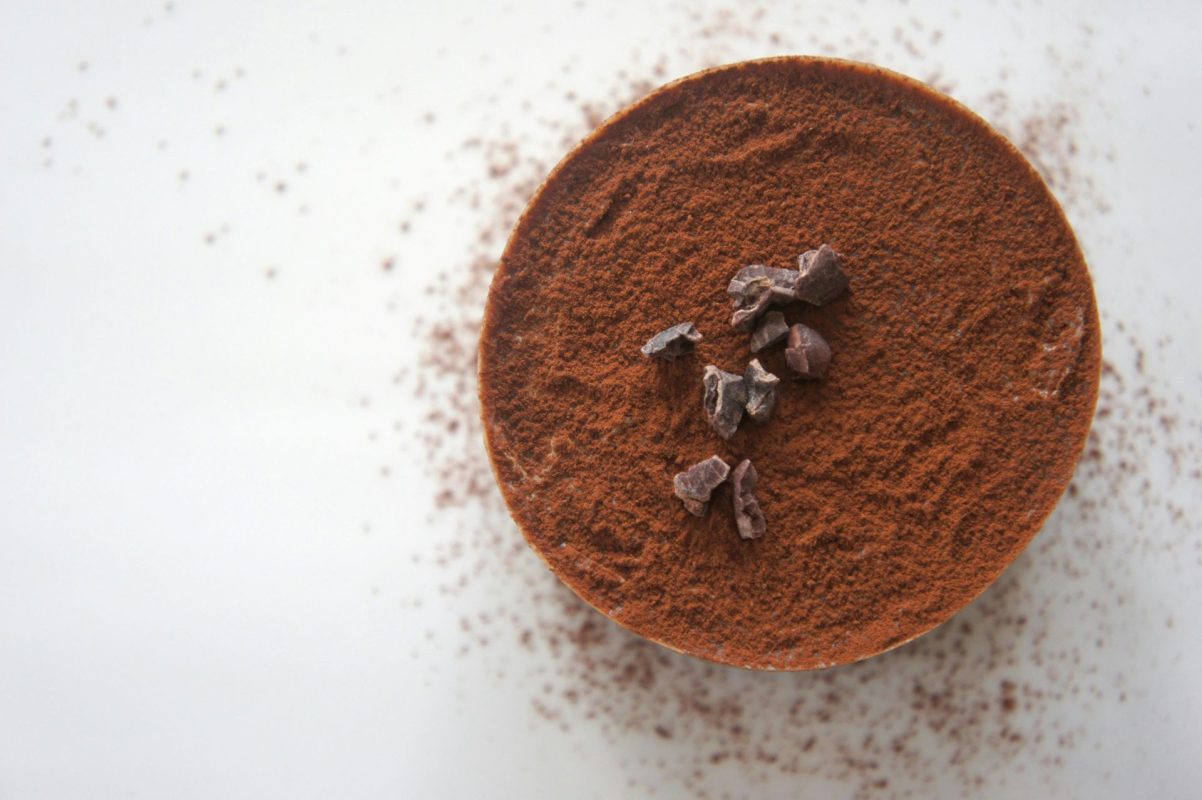NEWS
Cocoa Price Surpasses Copper: What’s Behind the Surge?
Cocoa Price Surpasses Copper: What’s Behind the Surge?
In the midst of the recent commodity market boom, cocoa has emerged as one of the hottest commodities, with prices soaring to unprecedented levels. Surpassing $9,000 per ton, cocoa prices have now surpassed copper, marking a significant milestone in the commodity market.
The remarkable momentum in cocoa prices, reaching the highest levels in 46 years, has garnered widespread attention. This surge comes on the heels of a substantial increase of up to 50% in cocoa prices observed in March. Market experts are now highlighting the possibility of prices reaching $10,000 per ton in the near future.
Diana Gomes, an analyst at Bloomberg Intelligence, has drawn attention to the potential impact of these price dynamics on chocolate prices during the Easter season of 2025. The upward trajectory in prices has disrupted the global supply chain, where farmers traditionally sell their beans to local traders, who then supply them to processing facilities or global traders.
Previously, in the regulated cocoa market, traders and processing facilities would purchase cocoa beans from local traders at pre-determined prices up to a year in advance. Local regulators would later adjust the farmgate price, which is the price farmers could demand for cocoa beans, to a lower level.
However, during periods of scarcity like the current year, local traders often offer premiums to secure cocoa beans from farmers at the farmgate price. Subsequently, traders sell these cocoa beans on the spot market at higher prices instead of delivering them at pre-agreed prices.
As global traders rush to acquire these cocoa beans at any price to fulfill their obligations to chocolate companies, local processing facilities often face cocoa bean shortages. Ivory Coast and Ghana, traditionally providing cheap credit to local factories or restricting the quantity of cocoa beans available for purchase by global traders, are attempting to shield local interests amidst this market turmoil.

